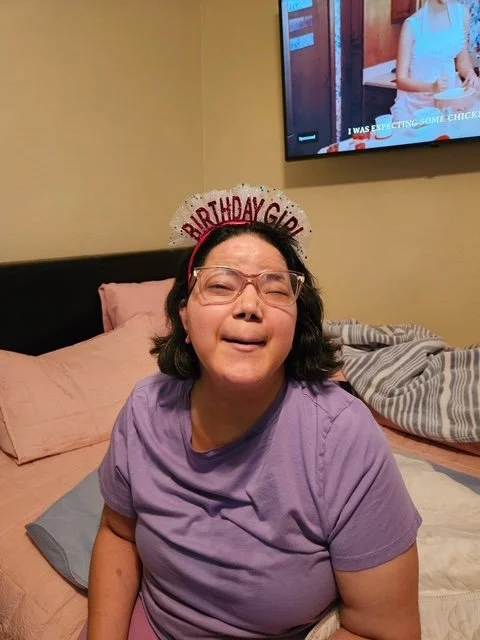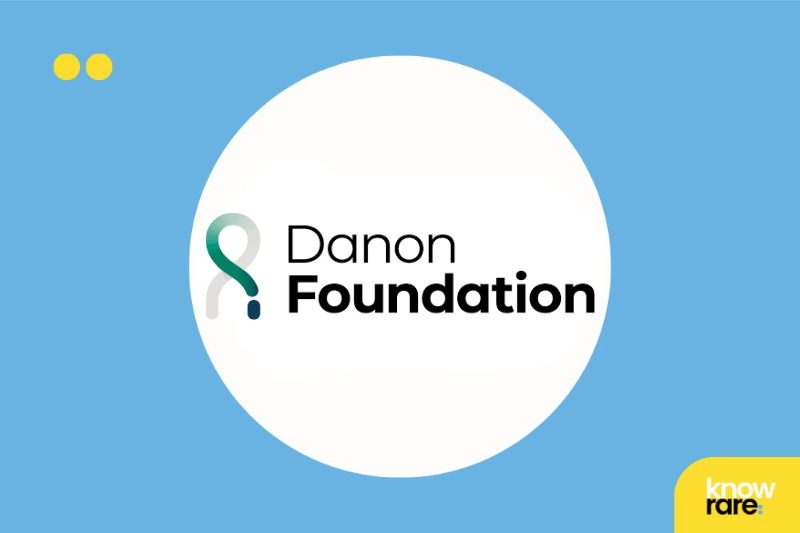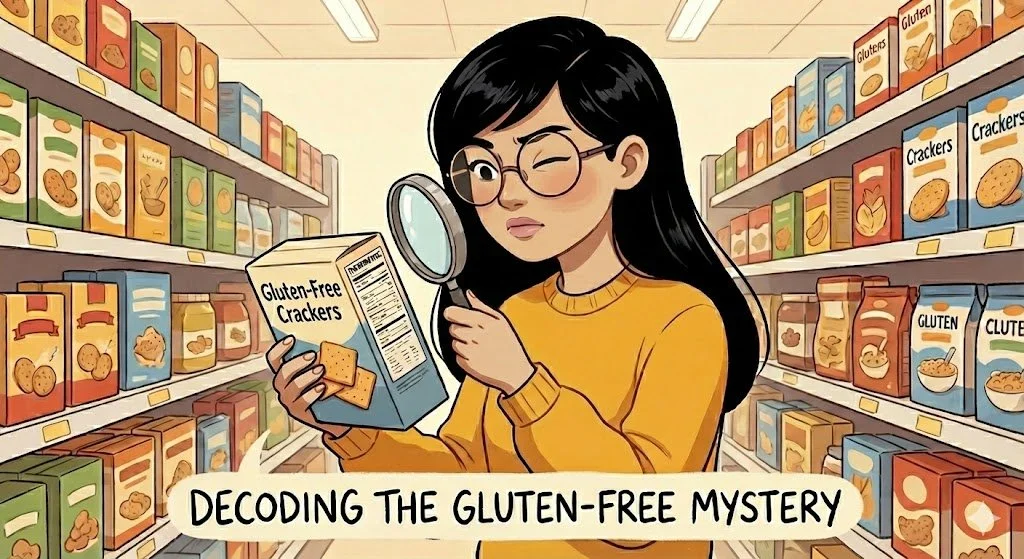Unleashing the Power of Self-Compassion: A New Year’s Resolution to Suffer Less
By Laura Will
I enjoy the goal-oriented practice of setting a New Year’s resolution. However, I want to approach this year differently. Instead of using self-critical thoughts to guide another transient resolution, such as losing weight or reading more books, I am going deeper and starting from a place of compassion. We cannot avoid life’s hardships and pain; nonetheless, compassion unlocks the power to change the way we relate to moments of suffering. Therefore, in 2023, I resolve to learn to suffer less, with self-compassion.
When we approach behavior change with a caring attitude, instead of a critical attitude, we are more likely to learn from our mistakes and less likely to experience caregiver burnout (Neff, 2020).
It may sound sappy or self-centered, but having reviewed the research, it is clear that self-compassion can unleash incredible potential and well-being. A compassionate attitude towards all aspects of ourselves, including any perceived flaws, can cultivate a growth mindset that allows us to do more effectively. When studied on parents of children with autism, “self-compassion universally predicted parental well-being over and above the effects of child symptom severity” (Neff, 2014).
Thankfully self-compassion is a skill set that can be learned. The counterintuitive starting point is accepting exactly where you are now, including the parts of you that are hurting, self-critical, or downright negative. We all tend to mentally beat ourselves up, often without even realizing what we are doing. We can fall into the trap of thinking of all the “should have done” or “could have done” scenarios. We can focus on fears and flaws; negative bias is a natural human instinct. Practicing self-compassion counterbalances these judgments and negative thoughts, while still holding ourselves accountable for what needs to be done (Trompetter, 2016). We strengthen our ability to hold ourselves and others through moments of suffering (Rabon, 2019).
Self-compassion is treating yourself the way an excellent coach might treat you or you might treat a good friend - providing a listening ear, supporting them through a struggle, offering kind words, forgiving their imperfections, picking them up, helping them try again. In moments of difficulty, when a painful emotion or impatience or your inner self-critic arrives, self-compassion allows us to speak to ourselves with language such as, “You must be so upset,” “I’m sorry this is hard,” and, “it’s only human, I’m here for you.”
For those of us who tend to the needs of vulnerable others, it is important to learn to support ourselves - everyone benefits from the inner work of one. For example, if a friend called and said, “I lost my patience today with my kid. I yelled at him. I feel like a bad parent,” you would not respond to them, “Yikes, you really aren’t a great parent; you should have known better than to lose your temper.” No, you’d probably say something like, “That’s hard, but it’s okay. We all have our limits; it’s only human. You are a loving parent, and your son knows that too.” Perhaps you could even go as far as lovingly saying, “What might you do differently next time your patience wears thin?”
According to professor and researcher Kristin Neff, the three key elements to self-compassion are mindfulness, common humanity, and self-kindness (Neff, 2020):
1. Mindfulness
Mindfulness is the ability to recognize, in real-time, tough emotions or critical self-talk. Mindfulness makes us aware of thoughts such as, “I should have done that differently,” or “I feel like a bad mom,” or “Ugh, I’m so fat.” Having the awareness in the moment to realize, “Wow, this is hard,” or “I’m angry right now,” is a first step towards unleashing the power of self-compassion.
2. Common Humanity
Common humanity is the realization that to be human is to be imperfect, and suffering is a part of life. Having a child with such unique needs can certainly lead to the misconception that you are alone in emotions and challenges, but that is simply not true. This Know Rare community is full of people who know your challenges. That’s the thing about being human, in different ways and at different times, it’s similarly messy for everyone. Your flaws, your emotions, and your struggles are so natural.
3. Self-kindness
Lastly, find kindness for yourself. Something difficult has arrived; you recognize it, “Ouch! This hurts;” you remind yourself you are only human and you are not alone. Then you turn to yourself as you would turn to a friend or as a friend might turn to you, and say, “It’s going to be okay. I care for you. You are enough. I am here for you.” Perhaps put a hand over your heart, or find another way to connect with your physical self. According to Kristin Neff’s research, about fifty percent of people find this kind of touch a useful gateway to experiencing self-compassion. Finally, offer yourself what you need to hear, such as, “May I find peace,” “May I be strong,” or “May I forgive myself and learn from this.” Whatever language is right for you at that moment. You may find there is one thing you need to hear regularly, and that saying can become an integral part of growing.
You hold yourself and honor yourself just as you are, an imperfect and emotional human. You are not alone. You are flawed, and one hundred percent deserving of love. As caregivers, we give so much love, forgiveness, and strength to others. I challenge you to send all that caring energy inward too.
Take a couple of deep breaths. Breathe out for others, and breathe in, again and again, for you.
To test your level of self-compassion, visit: https://self-compassion.org/self-compassion-test/.
To learn more about self-compassion and how to cultivate it, visit www.selfcompassion.org.
Sources:
Neff, K. D., Knox, M. C., Long, P., Gregory, K. (2020). Caring for others without losing yourself: An adaptation of the Mindful Self-Compassion program for healthcare communities. Journal of Clinical Psychology. DOI: 10.1002/jclp.23007
Neff, K. D., & Faso, D. J. (2014). Self-Compassion and Well-Being in Parents of Children with Autism. Mindfulness, 1-10.
Rabon, J. K., Hirsch, J. K., Kaniuka, A. R., Sirois, F., Brooks, B. D., & Neff, K. (2019). Self-Compassion and Suicide Risk in Veterans: When the Going Gets Tough, Do the Tough Benefit More from Self-Compassion? Mindfulness, 10(12), 2544- 2554.
Trompetter, H. R., de Kleine, E., & Bohlmeijer, E. T. (2016). Why Does Positive Mental Health Buffer Against Psychopathology? An Exploratory Study on Self-Compassion as a Resilience Mechanism and Adaptive Emotion Regulation Strategy. Cognitive Therapy and Research, 1-10.
About Rare Resiliency:
Rare Resiliency is a monthly column written and/or curated by Laura Will. This column explores the concepts and skills that play a protective role against chronic and acute stress. Each article challenges and encourages the reader to continue to develop that inner steadying strength as they face illness and uncertainty, sorrow and joy.































